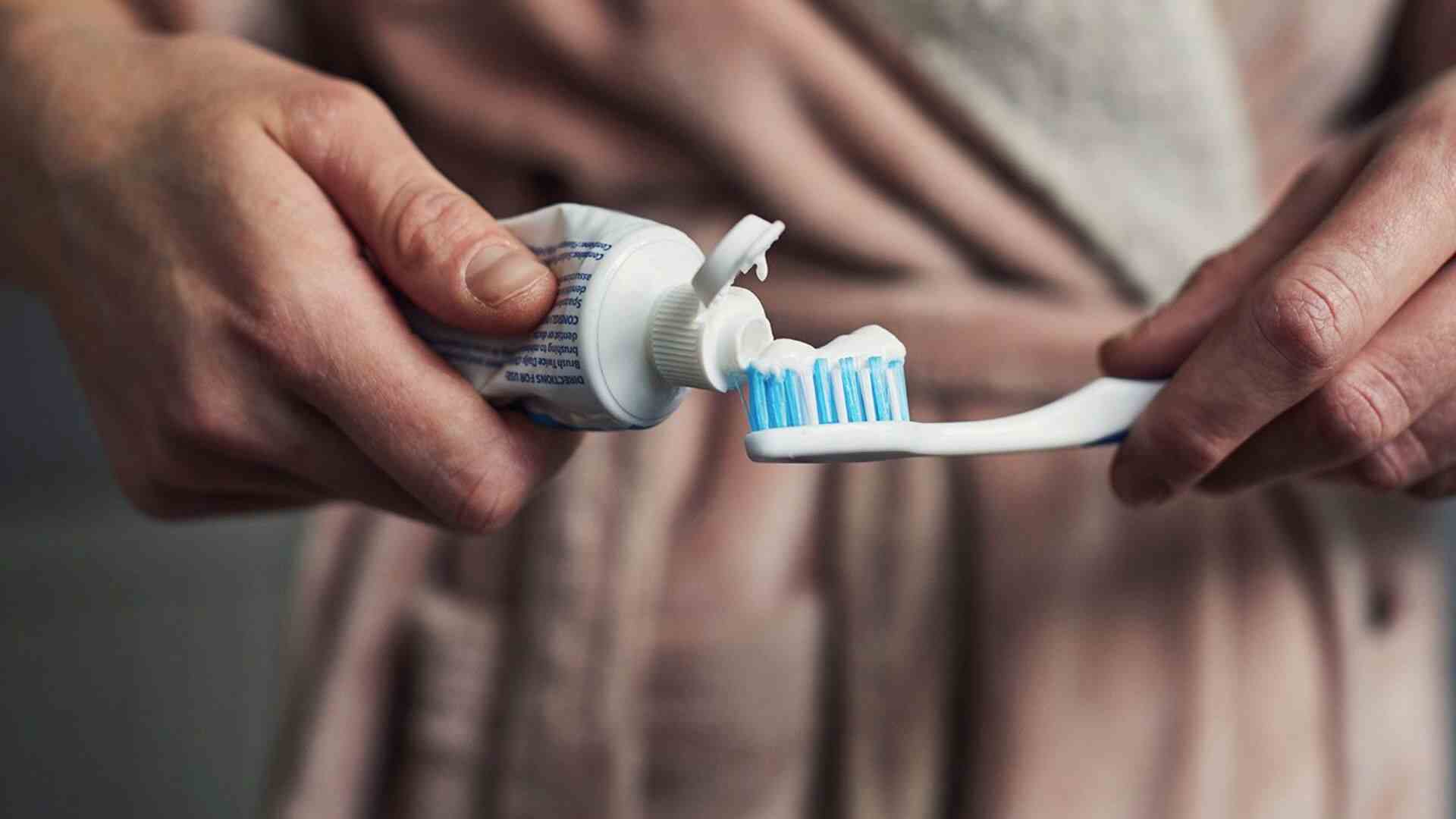A recent study has revealed that hundreds of viruses can be found in common household items like shower heads and toothbrushes. While most of these viruses are harmless to humans, they may play a crucial role in preventing antibiotic-resistant bacteria.
Research Findings at Northwestern University
Researchers at Northwestern University discovered over 600 viruses present on 92 shower heads and 34 toothbrushes. They found that each surface had a distinct viral community. These viruses, known as bacteriophages or phages, specifically infect bacteria but do not pose any threat to humans. This makes them valuable in fighting off superbugs that are resistant to antibiotics.
“The number of viruses that we found is simply wild!” said Erica Hartmann, the lead researcher and an associate professor of civil and environmental engineering at Northwestern. “We found many viruses that we know very little about and many others that we have never seen before. It’s amazing how much untapped biodiversity is all around us.”
The Role of Mycobacteriophages
The study identified that the majority of the viruses were mycobacteriophages, which are known to infect mycobacteria. This type of bacteria includes those that cause tuberculosis, leprosy, and certain types of pneumonia. The researchers see great potential in these viruses as they aim to develop methods to eliminate harmful bacteria from environments like plumbing or to create targeted therapies against these bacteria.
Harmless Yet Beneficial
Despite the significant findings, the research emphasizes that these viruses do not harm humans. In fact, they may help reduce the levels of harmful bacteria that have become resistant to traditional antibiotics. There’s no need to worry about these almost invisible viruses lurking in your bathroom.
Tips for Maintaining Bathroom Hygiene
Hartmann suggests practical ways to keep your bathroom clean. For example, you can wash shower heads with soap and water or vinegar to remove calcium deposits. It’s also important to periodically change the heads of your toothbrushes. The use of antimicrobial toothbrushes is discouraged, as they may contribute to the development of antibiotic resistance.
“Microbes are everywhere, and the vast majority of them will not make us sick,” Hartmann noted. “The more you attack them with disinfectants, the more they are likely to develop resistance or become more difficult to treat. We should all just embrace them,” she added.







